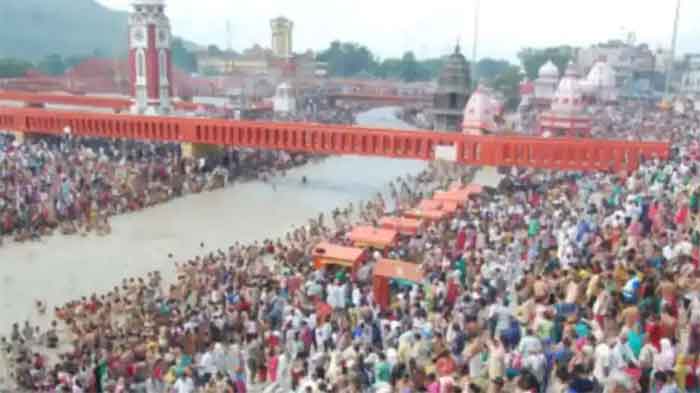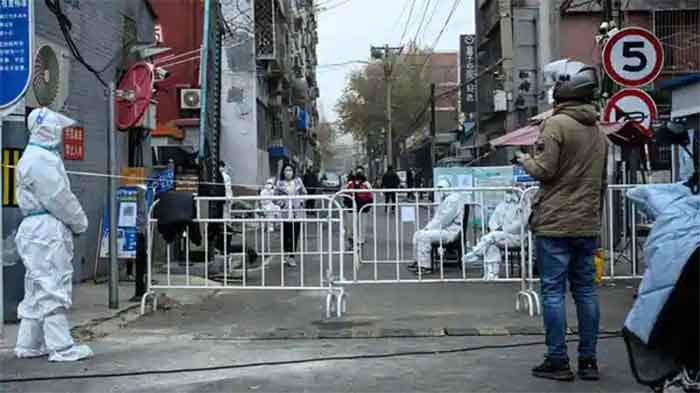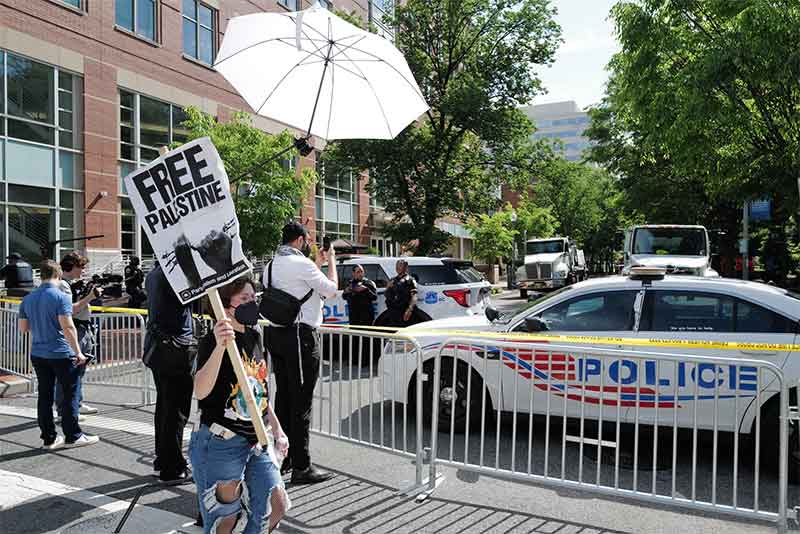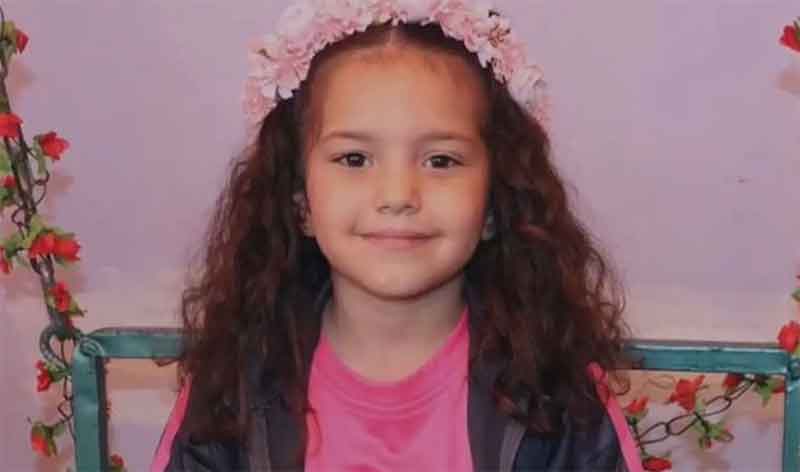
The World health organisation the health wing of United Nations has stipulated certain public health and social measures to contain the spread of Covid-19 virus. The measures were contemplated by WHO taking into account the levels of Covid-19 transmission. One of the major measures stipulated is to maintain social distancing and avoid congregations. There is an obligation on the State to adhere to the measures stipulated by the World Health Organisation. The World Health Organisation also played a vital role in eradicating small pox, polio and development of Ebola vaccine. The main objective of World Health Organisation is the attainment by all peoples of the highest possible level of health. It acts as a coordinating authority on International health works. As we are witnessing the pandemic across the globe, there is every necessity to adhere to the measures stipulated by the world health organisation.
Still we do not have a clear picture in relation to the functioning of the vaccines across the globe. In this context preventive measures would play a key role in preventing the spread of the virus. The history also reveals that the second wave of the virus has been more intensive and dangerous than the first wave.
State has an obligation to protect the health of the people. In this context the State has to regulate the social religious events which involve congregations so as to prevent the spread of the virus. Apart from the State, every individual has an obligation to regulate his conduct and see that it would not result in any adverse health effects in the society. We failed in both these aspects. Permitting the public meetings during the conduct of the elections in various States particularly West Bengal and allowing the conduct of Kumbhmela – 2021 at Haridwar clearly demonstrates the same. Uttarakhand on 15th April, 2021 recorded its highest upsurge in Covid-19 cases. One of the thirteen akhadas of seers participating in the Haridwar Kumbh decided to opt out. Several seers tested positive. The State was fully conscious that such large congregations would definitely spread the virus, but failed to prevent the same. State ought to have realised that the right to life guaranteed under the constitution overrides the rights conferred by the constitution in relation to a religious activity.
Article 21 of the Constitution of India mandates that no person shall be deprived of his life or personal liberty except according to procedure established by law. The Hon’ble Supreme Court has held that right to life guaranteed under Article 21 of the Constitution of India includes within its ambit the right to health and medical care. Article 47 a directive principle of State policy stresses on the improvement of public health etc.
The Hon’ble Supreme Court had expanded the concept of right to life. It was held that it derives its life-breath breadth from the directive principles of State policy. When the constitutional right to manage religious affairs came up for discussion before the drafting committee, the Chairman had proposed to make the said right subject to public order, morality and health. It was accepted without any debate. This proves the vision of the founding fathers of the constitution. But we are failing miserably to act in a proper perspective to protect the constitutional rights being enjoyed by us. Lack of preventive measures and callousness of the general public reflects the same.
The State cannot remain a silent spectator when massive congregations either political or religious are being organised. In this context it’s also relevant to examine Article 26 of the Constitution. It contemplates that the freedom to manage religious affairs is subject to public order, morality and health. Therefore it is not an absolute right. It is conditioned by Article 21 of the Constitution when it relates more particularly in relation to the aspect of public health. We failed in adhering to the social distancing norm which is a major cause for the spread of the virus.
Mahatma Gandhi had said on the aspect of person’s duty towards society that the true source of right is duty. If we all discharge our duties, rights will not be far to seek. If leaving duties unperformed we run after rights, they will escape us like will-o’-the-wisp, the more we pursue them, the farther they fly. The Hon’ble Supreme Court also in Minerva Mills Vs. Union of India held that there may be a rule which imposes an obligation on an individual or authority and yet it may not be enforceable in a court of law and therefore not give rise to a corresponding right in another person. But it would still be a legal rule because it prescribes a norm of conduct to be followed by such individual or authority. The law may provide a mechanism of enforcement. A rule imposing an obligation or duty would not therefore seize to be a rule of law because there is no regular judicial or quasi judicial machinery to enforce its command. Such rule would exist despite of any problem relating to its enforcement. Otherwise the conventions of the constitution and even rules of international law would no longer be liable to be regarded as rules of law.
This shows that an individual plays a vital role in a State and its welfare. Fundamental duties were introduced in part IV A by 42nd amendment and basing on recommendations from Swaran Singh Committee. The Hon’ble Supreme Court in Javed Vs. State of Haryana held that fundamental rights are not to be read in isolation. They have to be read along with directive principles of State policy and fundamental duties enshrined in Article 51A. The Hon’ble Supreme court also asserted that under Article 47 the State shall regard the improvement of public health as among its primary duties.
Therefore the State has to initiate steps for effective regulation of social gatherings which presently are not sufficient. Firstly such congregations should not be allowed and even if allowed care should be taken to maintain social distancing norms. It’s high time we realise the consequences of such social gatherings and callousness.
Chittarvu Raghu, Advocate, High Court’s of A.P. & T.S.
GET COUNTERCURRENTS DAILY NEWSLETTER STRAIGHT TO YOUR INBOX














































